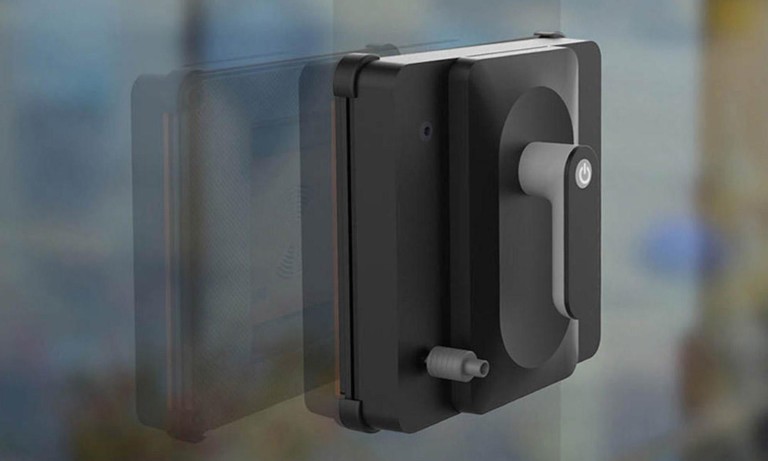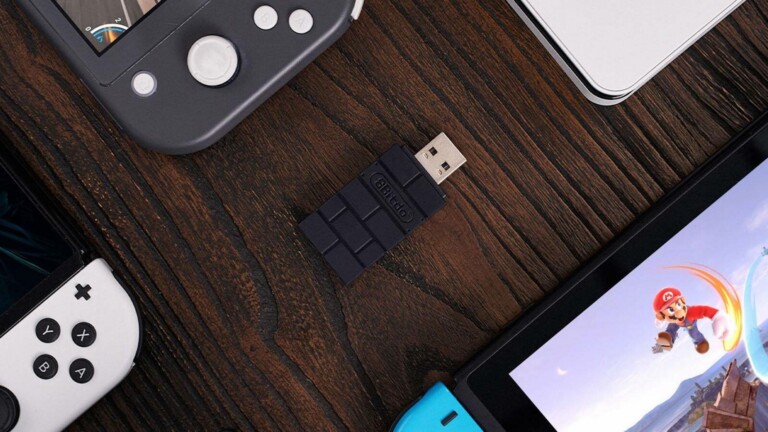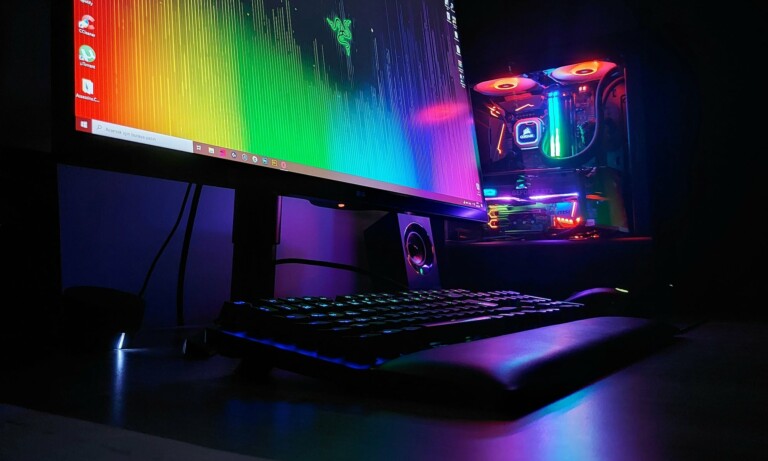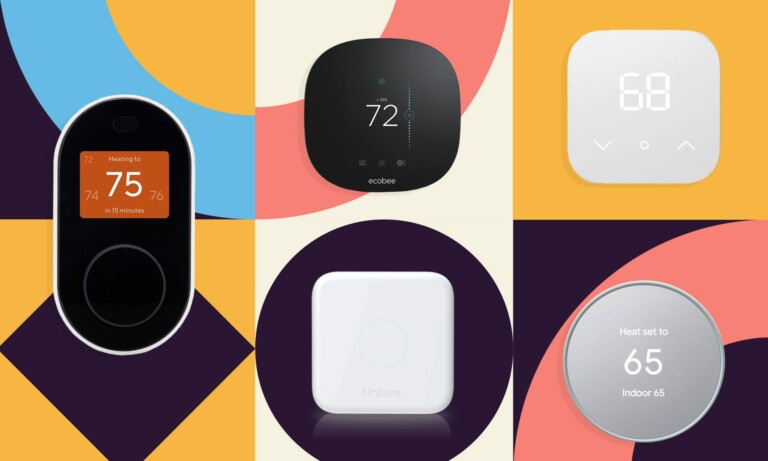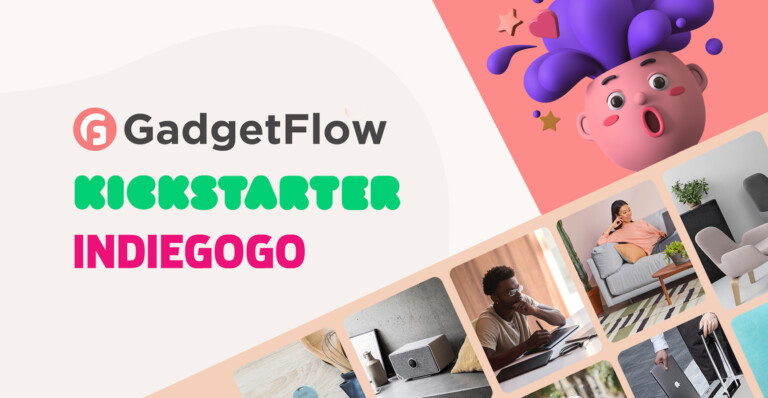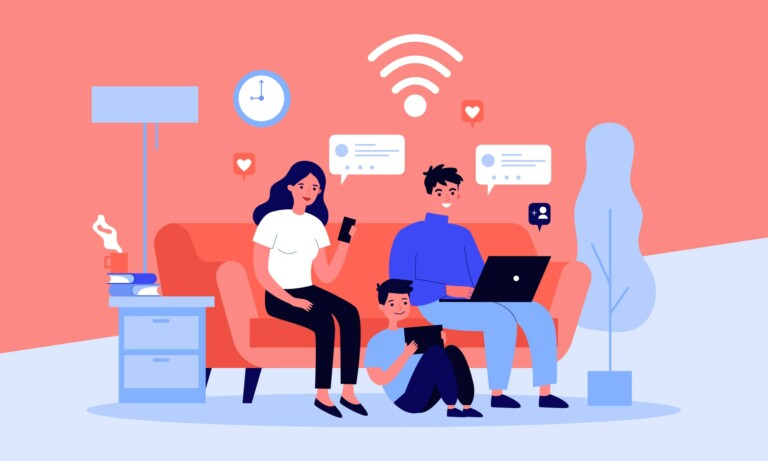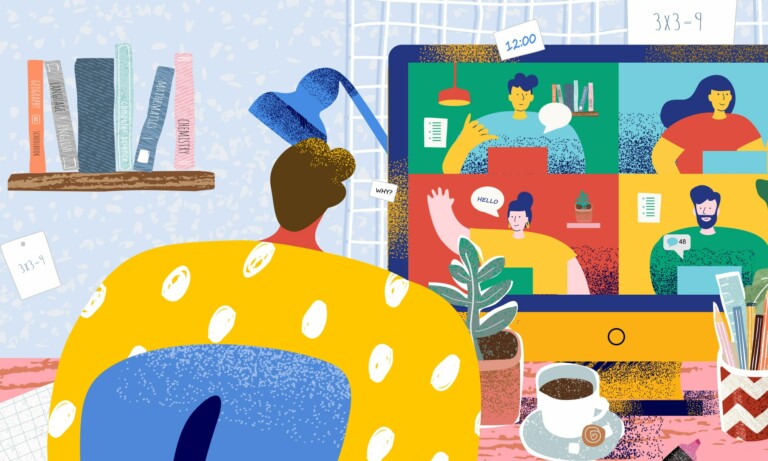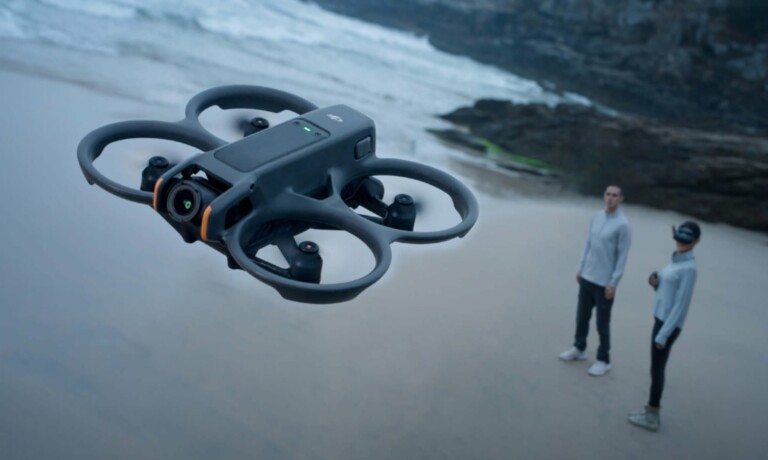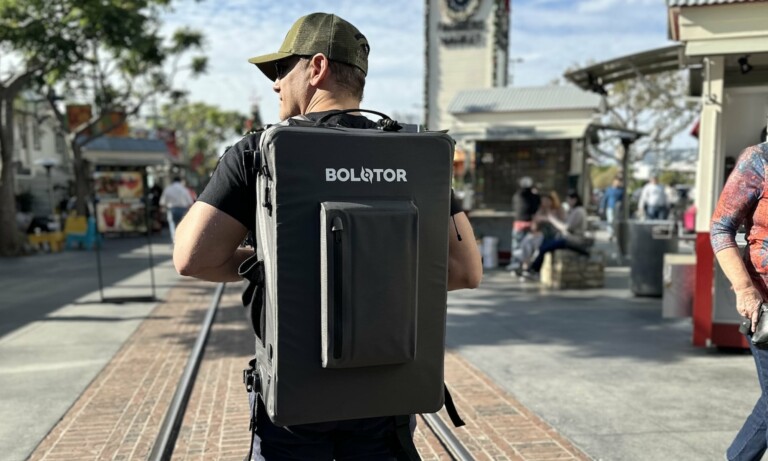Which apps and gadgets really help you relax?
Modern life can be pretty stressful at times. Many apps and gadgets offer to help us relax — but does any of them actually work?

- Many apps claim to help you relax. Mental health experts say the results are mixed.
- While many of these aids claim to be based on scientific research, few actually are.
- However, that might not matter. Apps and journals can help you build a daily habit that makes for a healthier mind.

Finding that inner zen
When you suffer a cut to your skin, the wound is visible. But when your mind isn’t right, the signs are more subtle. You might realize that you are a little cranky or down, but be unaware that stress is the cause. Techniques such as meditation and mindfulness are proven to help with releasing the pressure. Normally speaking, you would need to attend a class to learn these methods. But in recent times, many apps and gadgets have attempted to replace a human instructor. The question is, can any of these aids actually help you relax?
Mind the app
For those of us who haven’t tried meditation, it looks like 10 minutes with your eyes closed. A nap, in other words. But in reality, this technique only works if you focus. By concentrating on your breathing, it’s possible to forget about your overspilling inbox for just a few minutes.

Finding the time to meditate can be hard
Apps like Headspace and Calm are designed to help you reach this state. In exchange for a monthly fee, you can get unlimited access to audio breathing instructions and soothing sounds. These apps can also remind you to meditate every day with a notification on your phone.
[tweet_box]Many apps and gadgets claim to offer peace of mind. The question is, can any of these aids actually help you relax?[/tweet_box]
Of course, none of this is strictly necessary. You don’t need sound to meditate, just as you don’t need incense sticks. In addition, the daily prompts and gamified targets may even add stress to your day. It all seems pretty counterintuitive.

Escape inbox overload
But many users of these apps point out that they help to form habits. A book on meditation can’t prod you every day, and neither can your human instructor. Furthermore, these apps can introduce you to new meditation techniques.
In an ideal world, we wouldn’t need these digital crutches. But when we spend all day glued to our screens, it makes some sense that apps can help us form new habits.

More of this required
Mindful journals
In the Buddhist faith, meditation and mindfulness go hand in hand. The latter discipline involves thinking about the present moment in a non-judgmental way. In more recent times, this definition has expanded. Mindful journals prompt owners to think about their goals and recall the positive happenings in any given day.

We have Buddhism to thank
While the two methods are related, they also have some key differences. Traditional mindfulness often employs meditative focus. There is good evidence to show that it can alleviate anxiety and depression.
Mindful journals, on the other hand, do not force you to relax or concentrate. Much like the meditation aids mentioned above, they are more about forming some kind of mental habit.
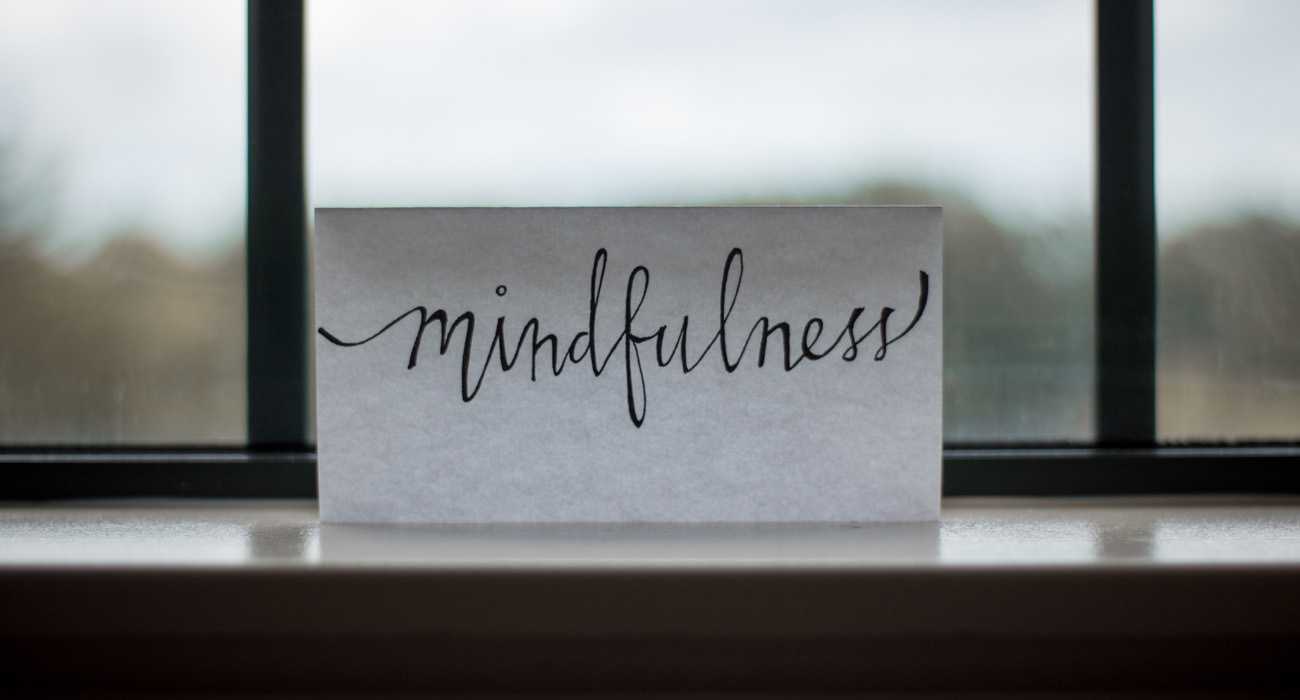
This is what we’re aiming for
That habit is thinking about your day in a more positive light, as well as recording the bad days. Many people swear by it. Whether or not the placebo effect has a role to play is difficult to determine. Virtually no scientific research has been carried out specifically on such aids. But perhaps it doesn’t matter.

This guy has it sussed
Help You Relax
It’s clear that many people feel a benefit from meditation apps and mindfulness gadgets. Headspace alone has 18 million users. These aids are clearly not the perfect solution, but they may help you relax when you otherwise wouldn’t. Surely, there is no better test than that.

Your inbox is missing this newsletter!
*When you sign up, expect newsletters, promotions, and agree to our Terms of Use, acknowledging our Privacy's data practices.
